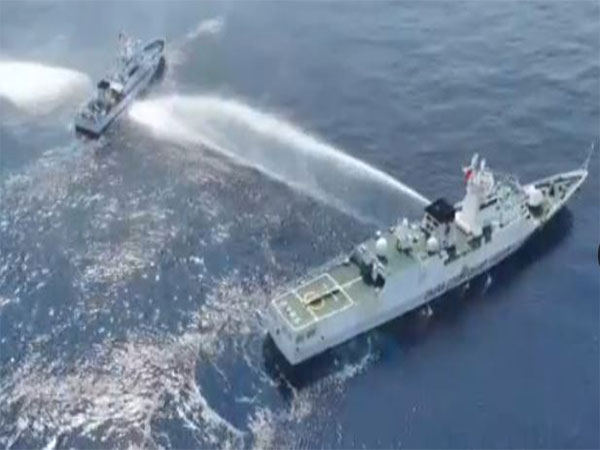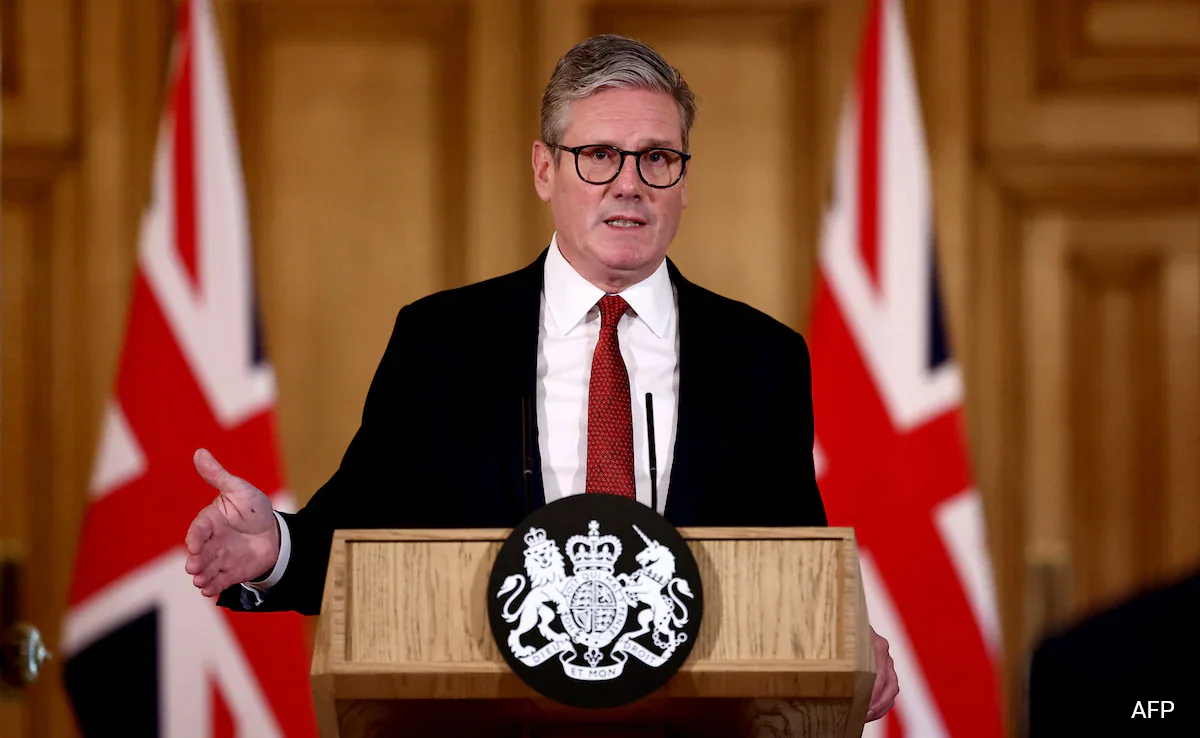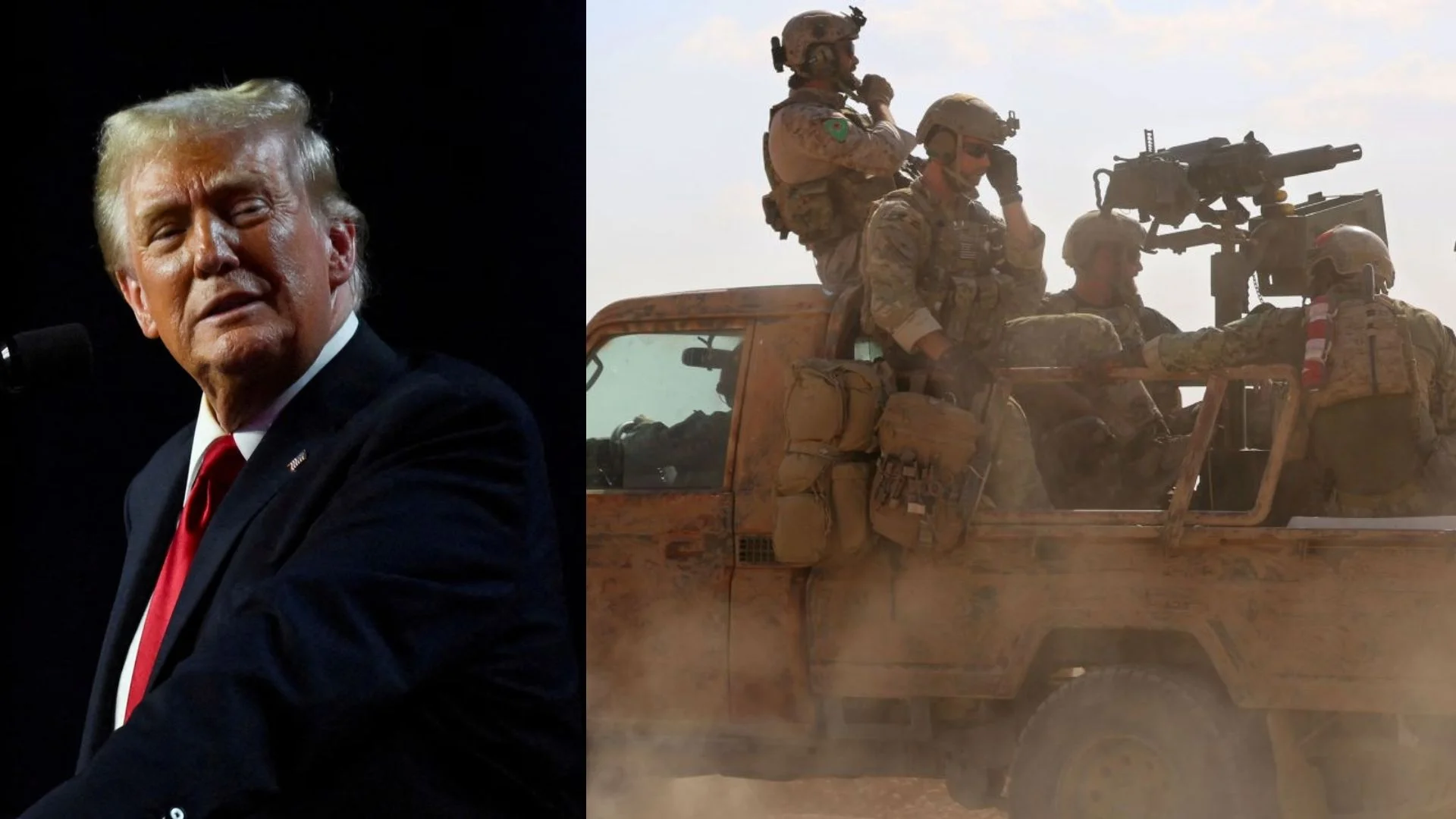
Philippine President Bongbong Marcos announced on Monday that the nation would refrain from responding to Chinese attacks on its marine vessels in the West Philippine Sea (WPS) by equipping its ships with water cannons. Instead, Marcos emphasized the country’s commitment to pursuing diplomatic solutions to incidents in the South China Sea, prioritizing de-escalation and avoiding exacerbating tensions in the disputed waters. This stance comes amid recent instances of China employing water cannon attacks against Philippine vessels in the region, prompting concerns over potential escalation.
According to Manila Times, the Philippines seeks to address China’s actions by diplomatic means, aiming to garner international support and condemnation for Beijing’s behavior. By choosing diplomacy over retaliation, the Philippines aims to uphold its sovereign rights in the WPS while avoiding confrontational approaches that could escalate the situation further. Marcos stressed that the country’s navy and coast guard have no intention of deploying offensive equipment such as water cannons against any party involved in the disputes.
In response to recent confrontations, the Philippines has opted to lodge diplomatic protests against China’s aggressive manoeuvres, including incidents of harassment, ramming, and blocking. Furthermore, the Philippines maintains a mutual defence treaty with the United States, raising speculation about potential U.S. involvement in the event of further escalation. Senator Jinggoy Estrada echoed the president’s approach, emphasizing the importance of diplomatic protests as a means to address China’s aggression within Philippine territorial waters. This diplomatic stance underscores the Philippines’ commitment to resolving disputes peacefully and upholding its territorial integrity in the face of increasing tensions in the region.















